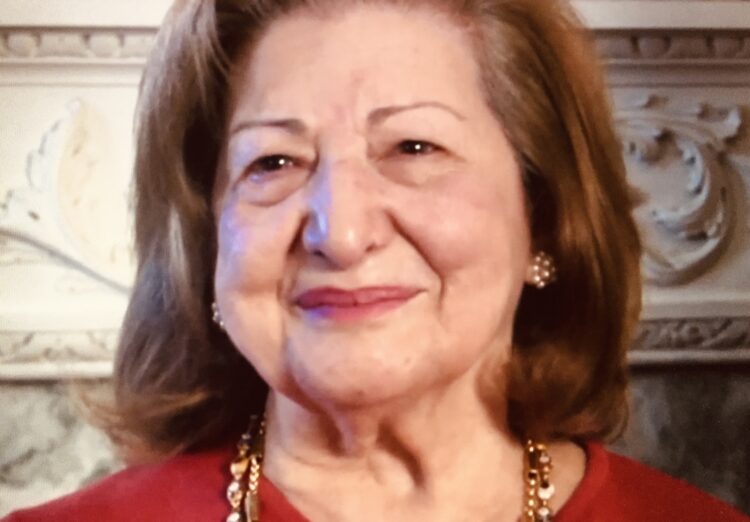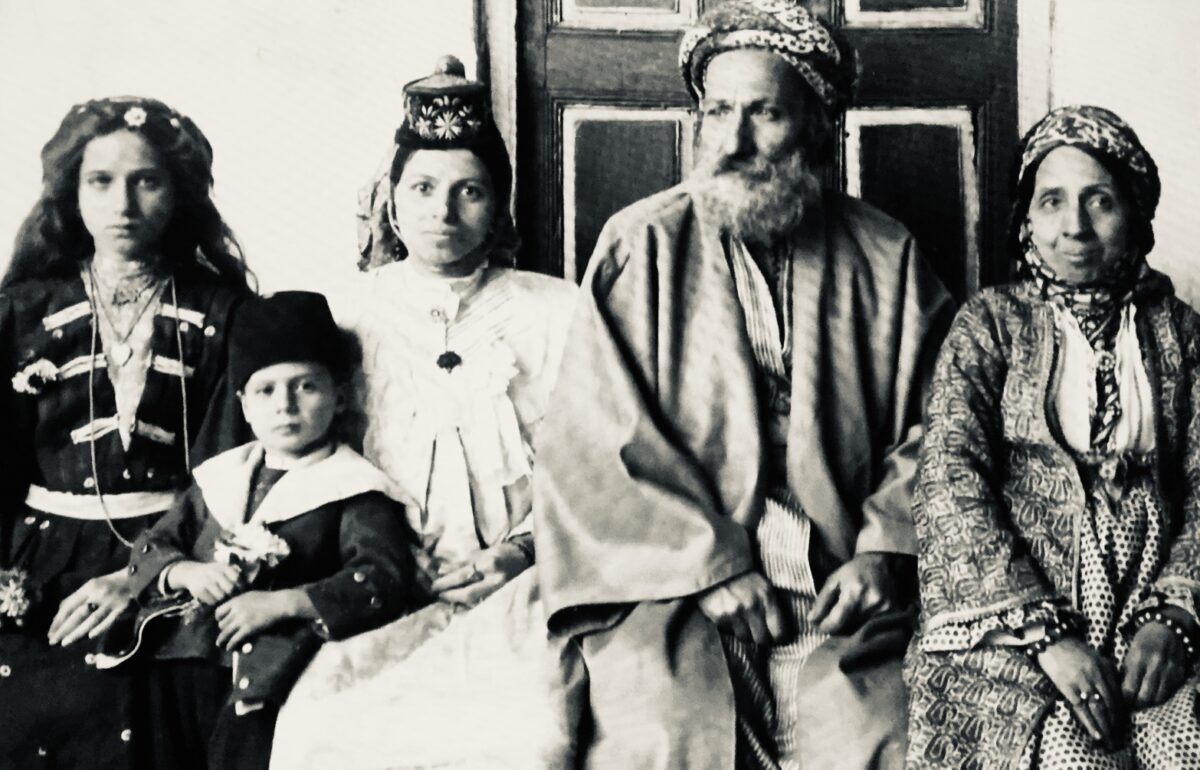Fiona Murphy’s bitter-sweet documentary, Remember Baghdad, is a cinematic ode to a lost, once glorious Jewish community. Now available on the ChaiFlicks streaming platform, it looks back to an era when the possibilities for Jews in Iraq seemed promising and limitless.
This golden period lasted for slightly less than 25 years, from approximately 1917 to 1940, when Britain, a colonial power in the Middle East, was effectively in charge of Iraq.
Iraq, a product of the tumult of World War I, was then home to some 120,000 Jews, who formed one of the largest, most affluent and influential Jewish communities in the Arab world. It all came to a crashing thud in the wake of two events — a pogrom in Baghdad in 1941 and the birth of Israel in 1948.
These bookends marked the beginning of the end of a community that could trace its origins back to the Babylonian exile in ancient Mesopotamia.
Murphy explores this relatively fleeting interregnum through the eyes of several Iraqi Jews in Britain and Israel whose families were forced to leave Iraq after the mass exodus of the late 1940s and early 1950s, when many Iraqi Jews immigrated to Israel.
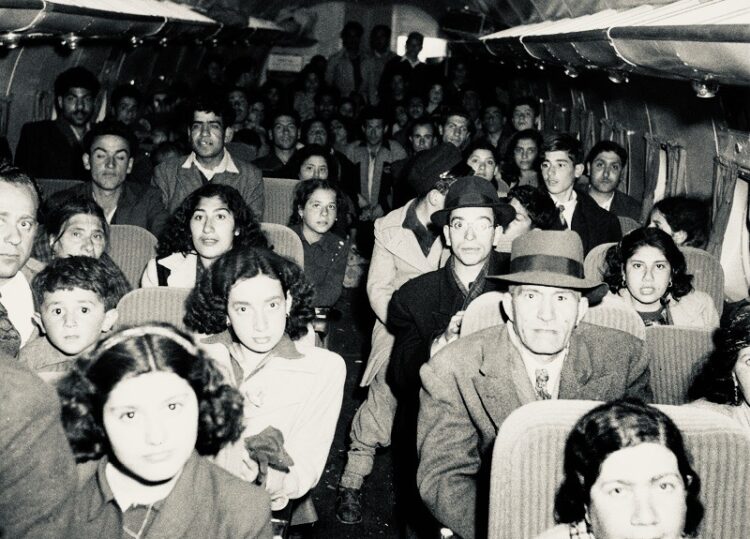
They were driven out of Iraq by a fierce anti-Zionist climate that degenerated into old-fashioned antisemitism and gave rise to the anti-Western Baath Party and xenophobic Iraqi nationalists like Saddam Hussein, who assumed the presidency in the late 1970s.
With his ascension, Iraqi Jews no longer believed they had a viable future in the land of their ancestors. They were right, of course. Today, 20 years after Saddam’s execution by hanging, Iraq is bereft of Jews for the first time in countless centuries.
Which prompts Edwin Shuker, an Iraqi Jew living in London, to ask a plaintive question, “Who is even going to believe there were Jews in Iraq?”
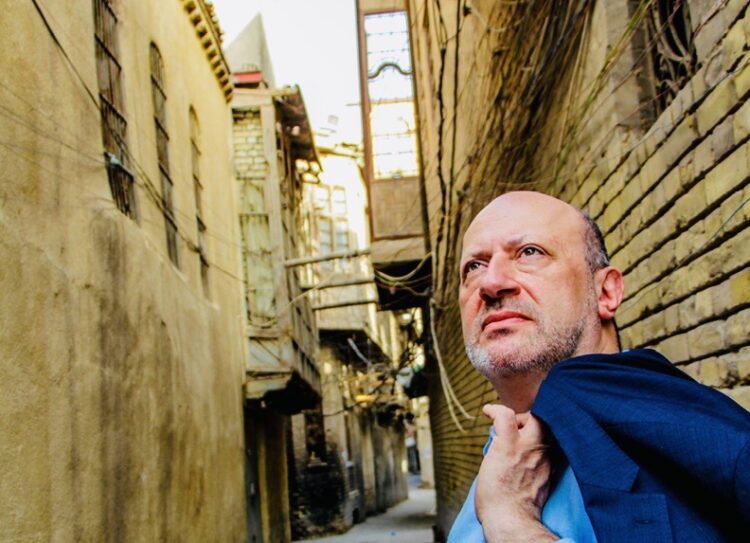
As Remember Baghdad gets under way, Shuker is packing a suitcase for a sentimental journey to Iraq, where his ancestors lived for two millennia. “We are part and parcel of Iraq, and I will not let go,” he declares in an upbeat yet naive comment that most probably will be disputed by a large proportion of his Iraqi Jewish compatriots residing in the comfort of the West.
Incredibly enough, Shuker has his heart set on buying a house in Baghdad to give him a sense of belonging. During the course of his trip, he passes the residential building where his family once lived, but the taxi driver who has driven him there grows nervous. This section of Baghdad, between Sadr City, a Shi’a stronghold, and the Euphrates River, is dangerous and off limits to foreigners.
That being the case, Shuker drops his plan to purchase real estate in Baghdad and instead buys a new house in the Kurdish city of Erbil, which is more hospitable to Westerners like him.
Murphy also introduces viewers to a host of Iraqi Jews who still pine for the old Iraq, which exists only in their collective memories.
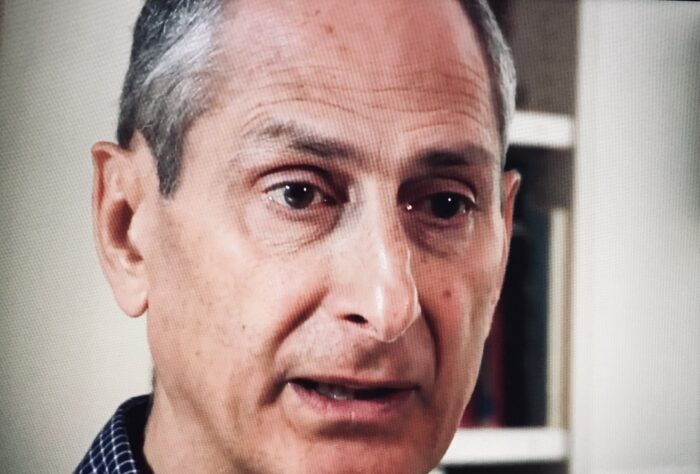
David Dangoor, whose great-grandfather was Baghdad’s chief rabbi and whose mother, Renee, was Miss Baghdad in 1947, remained in Iraq, along with about 4,000 Jews, after the anti-Zionist disturbances. They left in 1959, a year after the fall of the monarchy. It was violently overthrown in a coup that led to the king’s grisly death and the rise of a republican regime under the command of army general Abdel Karim Qassem.
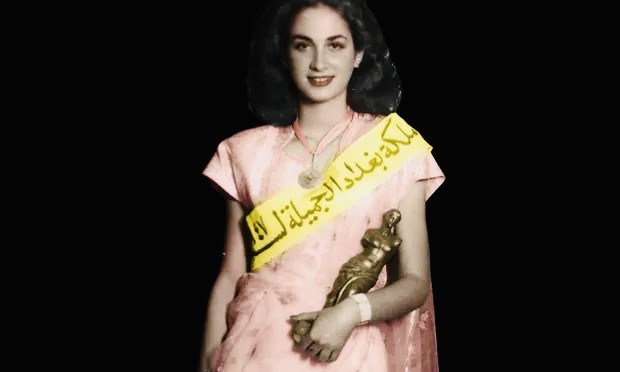
Until that cataclysmic upheaval, Dangoor’s father was a prosperous entrepreneur, having co-owned the Coca-Cola franchise in Baghdad with an Arab partner.
British rule in Iraq officially ended in 1932, but in fact, Britain was the master of its destiny after that date. In the perception of Arabs, Iraqi Jews were too closely identified with the British. In June 1941, Arab mobs stormed Baghdad’s Jewish quarter, murdering about 180 Jews in a pogrom known as the farhud. Still other Arabs protected Jewish friends and acquaintances.
It’s possible that the mufti of Jerusalem, Haj Amin al-Husseini, then residing in Baghdad and an admirer of Nazi Germany, had a hand in the bloodshed. Certainly, German influence in Iraq at that very moment had reached its apex.
Some Iraqi Jews, like Salim Fattal, think that the British betrayed Jews during the farhud by doing nothing to stop it.
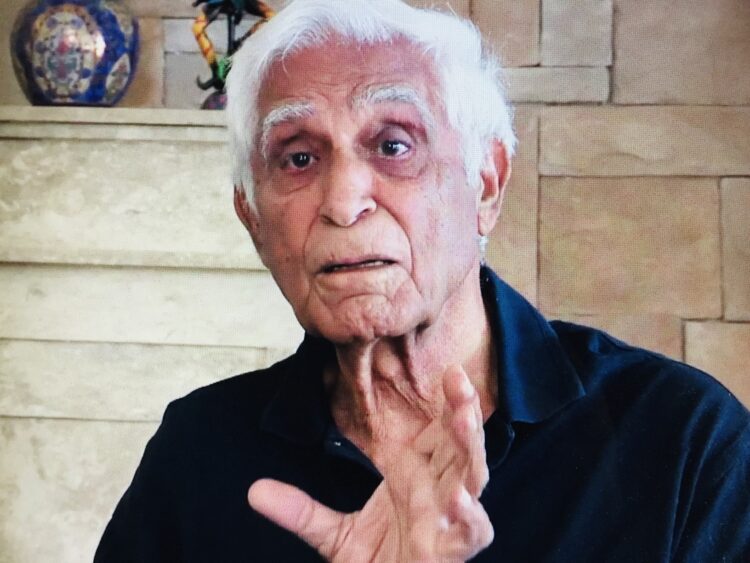
Normalcy resumed after the pogrom, but a new nightmare descended on the Jewish community after Israel’s declaration of statehood. Anti-Zionism boomed and was rampant in Iraq, particularly after an Iraqi expeditionary force joined Arab armies in a pan-Arab attempt to destroy the newly created Jewish state.
“There was no way for us to live there,” says Eli Amir, an Iraqi Jew.
On the eve of the 1967 Six Day War, when 2,000 Jews still lived in Iraq, the Khalastchi family left Baghdad, never to return. After the war erupted, Jews were portrayed as Fifth Columnists and their telephone lines were disconnected.
In 1969, a handful of Jews were arrested as Israeli spies. Several were hanged in a public spectacle in Baghdad watched by thousands of Iraqi gawkers.
Shakur’s family emigrated after that catastrophe. “It was a matter of life and death,” he says.
Since Iraqi Jews had been ordered to relinquish their passports, they could only leave Iraq by clandestine means with the help of smugglers, who were handsomely paid for guiding them to safety to neighboring Iran.
Only a few hundred Jews lived in Iraq when Saddam assumed power in 1979. There were far fewer known Jews in Iraq when the United States and its allies invaded it in 2003.
As he gazes back to the Iraq he knew as a boy and a young man, Dangoor waxes sentimental, “Iraq is still in our blood and bones,” he muses.
Eileen Khalastchi, whose family departed in 1974, is more realistic. “I still miss Baghdad,” she says fondly. “But it is better to remember Baghdad as it was.”
